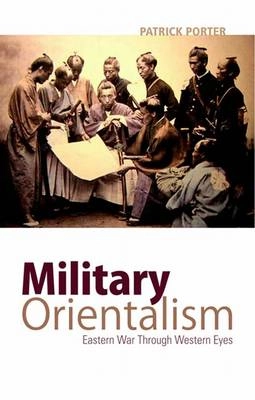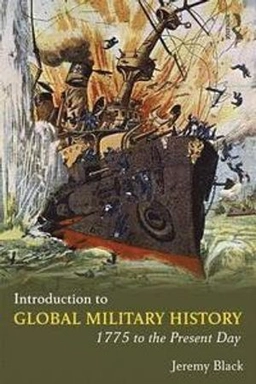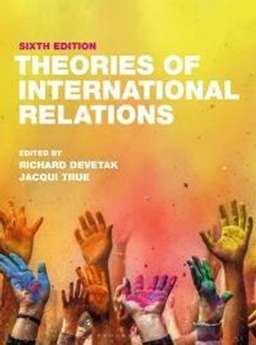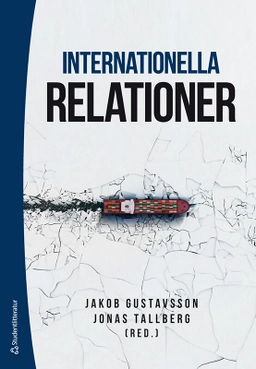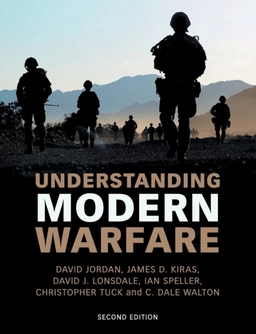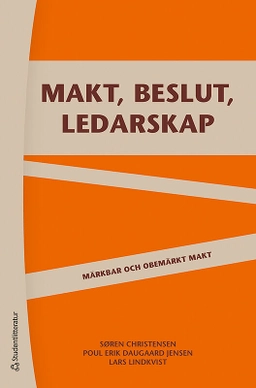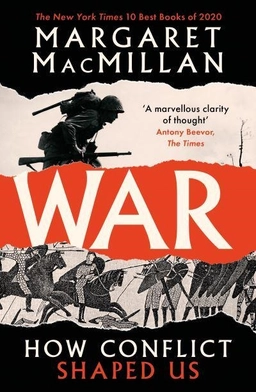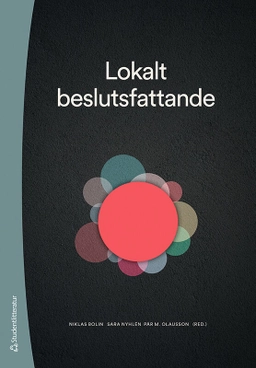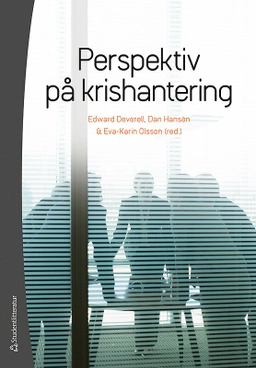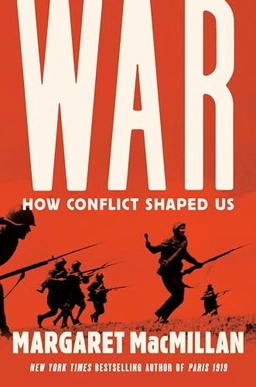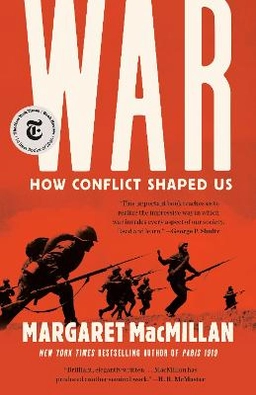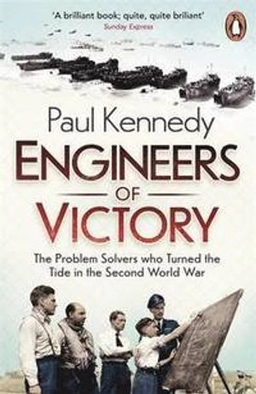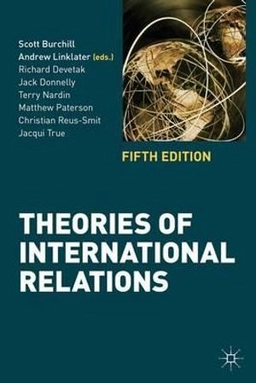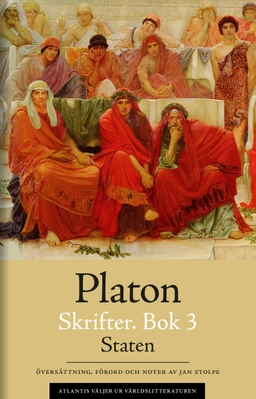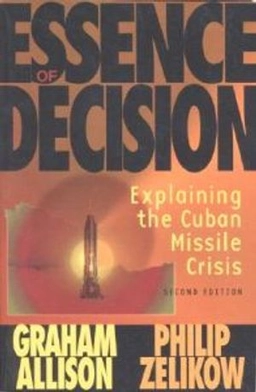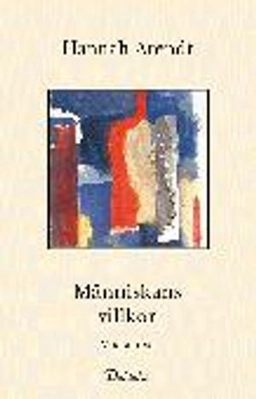From the Ancient Greeks' obsession with the armies of the Persians, Westerners have been irresistibly drawn to the exotic nature of "Oriental" warfare and have sought either to emulate their enemies' imagined ways of fighting or to incorporate Eastern warriors and "martial races," such as the Sikhs and Gurkhas, in their own forces. The alluring yet terrifying prospect of Samurai warriors, obedient to an ancient code of chivalry, or of the Mongol cavalry thundering across the steppes, continue to grip our imagination, while the courage and fighting prowess of today's "Eastern" warriors, the Taliban and Hezbollah, have been grudgingly acknowledged by the high tech armies of NATO in Afghanistan and the IDF in Lebanon. Such romantic notions are based on a highly questionable premise, namely that race, culture and tradition are separate and primordial, and that they determine how societies fight. But how far does culture shape war? Do non-Westerners approach strategy, combat, or death in ways intrinsically different from their Eastern neighbours? This debate can be tracked through time, from Herodotus onwards, and features in innumerable histories and literary works as well as in poetry, art and oral epics. Yet there are few histories of the idea itself. Military Orientalism argues that viewing culture as a script that dictates warfare is wrong, and that our obsession with the exotic can make it harder, not easier, to know the enemy. Culture is powerful, but it is an ambiguous repertoire of ideas rather than a clear code for action. To divide the world into western, Asiatic or Islamic ways of war is a delusion, one whose profound impact affects contemporary war and above all the War on Terror. Porter's fascinating book explains why the "Oriental" warrior inspires fear, envy and wonder and how this has shaped the way Western armies fight.
Åtkomstkoder och digitalt tilläggsmaterial garanteras inte med begagnade böcker
